Marco Urena knows what it's like to come up against the "wall."
For the 27-year-old Costa Rica striker, there was a time when facing a regional powerhouse like the United States came with a mental block of sorts. As a player whose club career had taken him from Costa Rica to Russia and Denmark, it was natural to be daunted by a squad packed with experience from top-five European leagues.
This past January, Urena left Danish side Brondby to sign with the San Jose Earthquakes of MLS. In making 24 appearances this season, the veteran has found himself regularly facing U.S. stars such as Tim Howard, Michael Bradley, Clint Dempsey and Jozy Altidore. He's shared the field with Mexico regulars Giovani and Jonathan dos Santos, as well.
Over time, battling CONCACAF's elite turned routine. That comfort level was evident during World Cup qualifying last month, when Urena scored both Costa Rican goals in a 2-0 triumph over the U.S. before netting again four days later in a 1-1 draw with Mexico.
"You play a whole year against Altidore, Bradley, for example, and Dempsey," Urena told Goal. "You play against good players and sometimes you beat them. You see that wall sometimes against these players, and when you win against them you say, 'I can do it.'
"You take away [the thought] in your mind that you can't do it. It helps a lot for the national team, for sure."
 Goal
Goal
As Costa Rica dealt a blow to the Americans' doomed World Cup hopes on that night in New Jersey, coach Oscar Ramirez fielded a lineup featuring five MLS players: Kendall Waston, Francisco Calvo, David Guzman, Christian Bolanos and Urena.
And the Ticos are just one budding CONCACAF power leaning on MLS talent. There were nine MLS players in Jamaica's lineup as the Reggae Boyz shocked a Mexico B-team with a 1-0 win in the Gold Cup semifinals this past summer. The likes of Panama, Honduras and Trinidad & Tobago also draw heavily from MLS squads.
In helping build CONCACAF's depth, MLS has perhaps made life trickier for the region's traditional heavyweights. Having breezed through recent qualification cycles, the U.S. failed to reach the World Cup for the first time since 1986 with a 2-1 loss Tuesday in Trinidad.
Houston Dynamo stars Alberth Elis and Romell Quioto scored in Honduras' 3-2 win over Mexico that pushed the Catrachos past the U.S. in the Hexagonal standings. And Seattle Sounders defender Roman Torres fired home the late winner in Panama's 2-1 victory against Costa Rica that officially ousted the Americans.
This isn't a new development: Four years ago, Mexico needed a playoff win over New Zealand to book its ticket to Brazil. There hasn't been a USA-Mexico matchup in the Gold Cup final since 2011, with underdogs crashing the party three tournaments in a row. Costa Rica was CONCACAF's top finisher at the 2014 World Cup, making a run to the quarterfinals.
"You don't know what to expect in CONCACAF," said Trinidad & Tobago midfielder Kevin Molino, who plays for Minnesota United. "The bridge has been closing so fast. These teams are very close, and it's good to see a lot of players in CONCACAF playing in the league and growing.
"Look at how close the Gold Cup was. Jamaica were second-time finalists. You look at some of the games and Mexico is struggling to beat any team now in CONCACAF, and years ago Mexico would roll over any team. MLS has helped the whole CONCACAF, all of the teams, a lot."
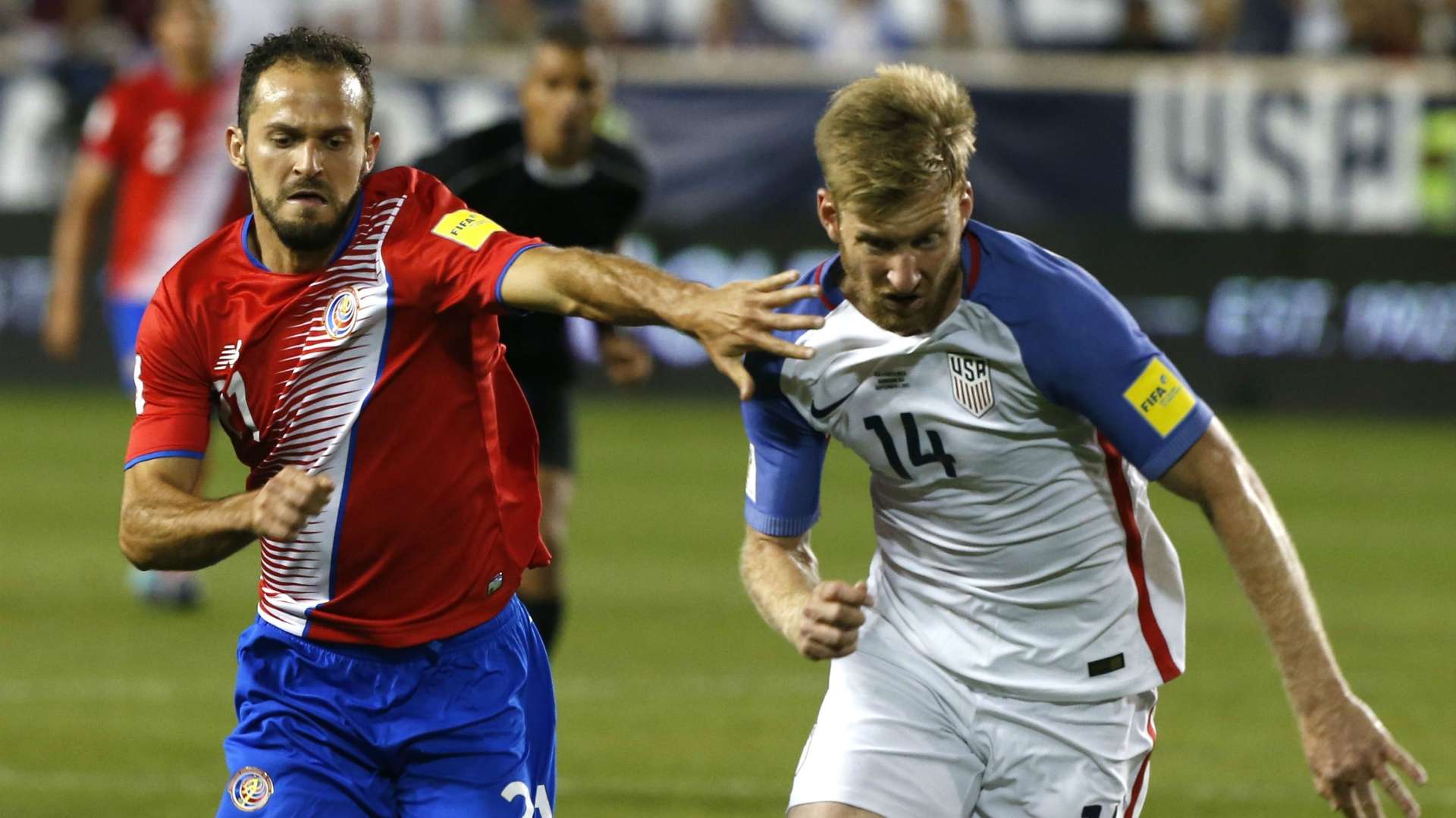 Noah K. Murray
Noah K. Murray

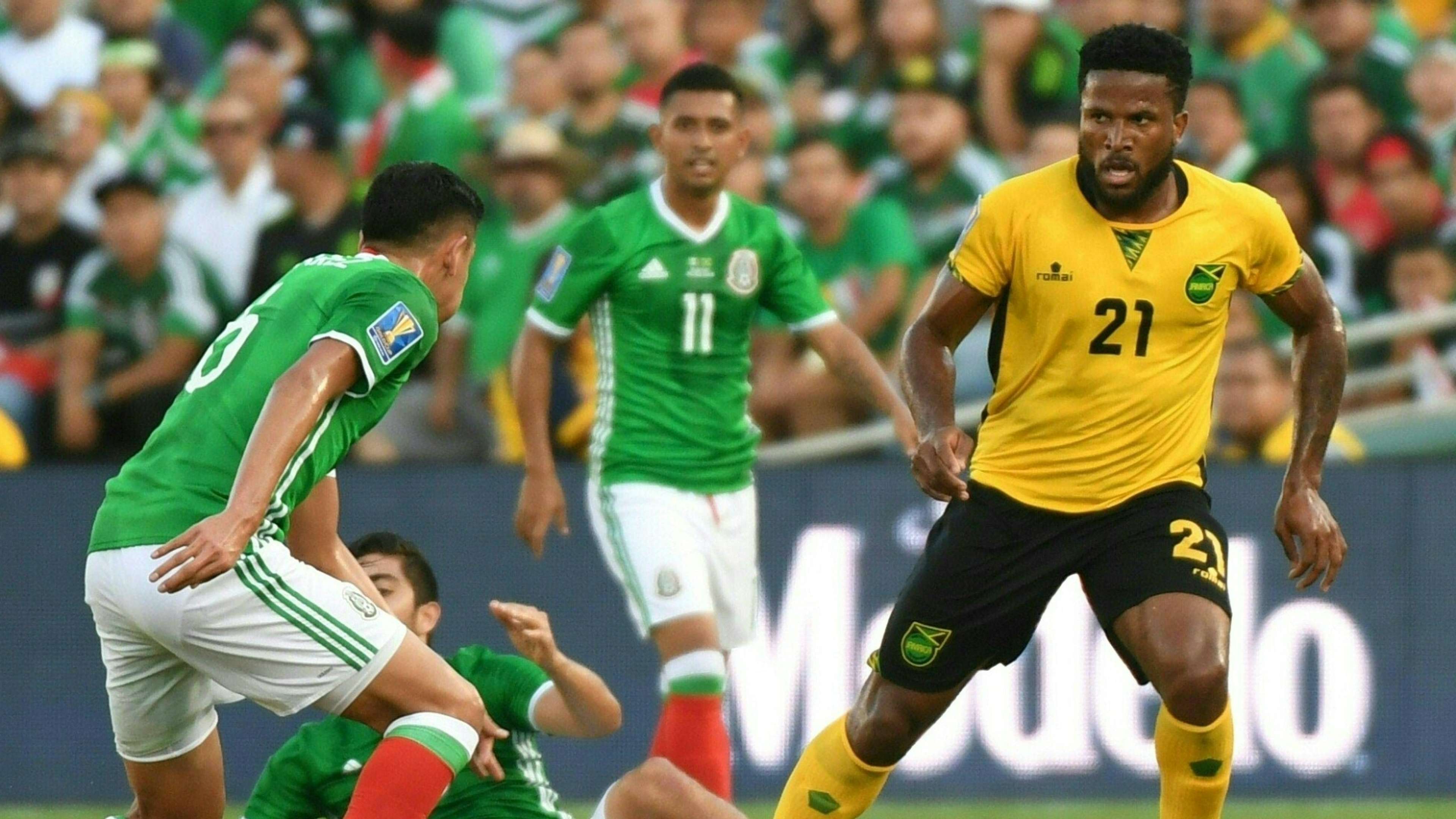
While national team-caliber players tend to outgrow domestic circuits across Central America and the Caribbean, the top European leagues can prove to be a bridge too far. So MLS represents a comfortable middle ground.
Lifestyle-wise in MLS, CONCACAF players often find the culture shock of venturing abroad softened by the common languages and weather. Although Urena gave the European game a tactical advantage, he said MLS facilities were on par with his experiences across the Atlantic. As mechanisms such as designated players and targeted allocation money bolster the talent at the top of MLS rosters, the quality of play continues to evolve.
"It's nice for a Jamaican to be able to get a chance to come over to Major League Soccer to experience rubbing shoulders with guys who have played in big-time leagues all across the world," said Jamaica defender Jermaine Taylor, who joined Minnesota this past offseason after stints with Houston and Portland. "We look at it as a steppingstone to get yourself outside of Jamaica because the league is not great there. If you want to play at a high professional level, looking at MLS would be a first start."
With familiarity also comes mutual respect. As CONCACAF national teams develop, their players become increasingly appealing options for MLS coaches. European sides may look upon CONCACAF prospects as unknown quantities, but World Cup qualifiers, Gold Cup matches and CONCACAF Champions League fixtures have helped MLS clubs cultivate an expansive understanding of the region's player pool.
"We used to always talk MLS — 'It's not that good for us, I'd better go to Europe,'" Urena recalled. "If you tell me right now when I was in Costa Rica at 20 years old and I left to Russia, I would've preferred to be in MLS first and then maybe go to Europe, step by step. In Europe the competition is really high, you have players from Africa and Asia — all of the good players meet in this continent. It's a small country, nobody knows where Costa Rica is, so it's difficult for you to open eyes.
"In Mexico it's only South American players — they don't bring in any Caribbean, they don't bring in any Central Americans. The MLS has open hands, like, 'Welcome all of you, good players come here, enjoy the league, improve, develop, make the league better.'"
MLS, of course, isn't only aiding CONCACAF's underdogs — the league will continue to develop personnel for the U.S. national team. While the era of CONCACAF dominance by two front-runners has come to an end, stronger regional opposition could ultimately lead to better performances from the U.S. and Mexico on the global stage.
In offering a welcoming environment for talent across CONCACAF, MLS has reshaped the regional soccer landscape over the past 22 years. Those players have, in turn, put their own stamp on the burgeoning league's identity.
"Tremendously the league has grown since I was watching it as a kid to now," Molino said. "This is home for CONCACAF players."
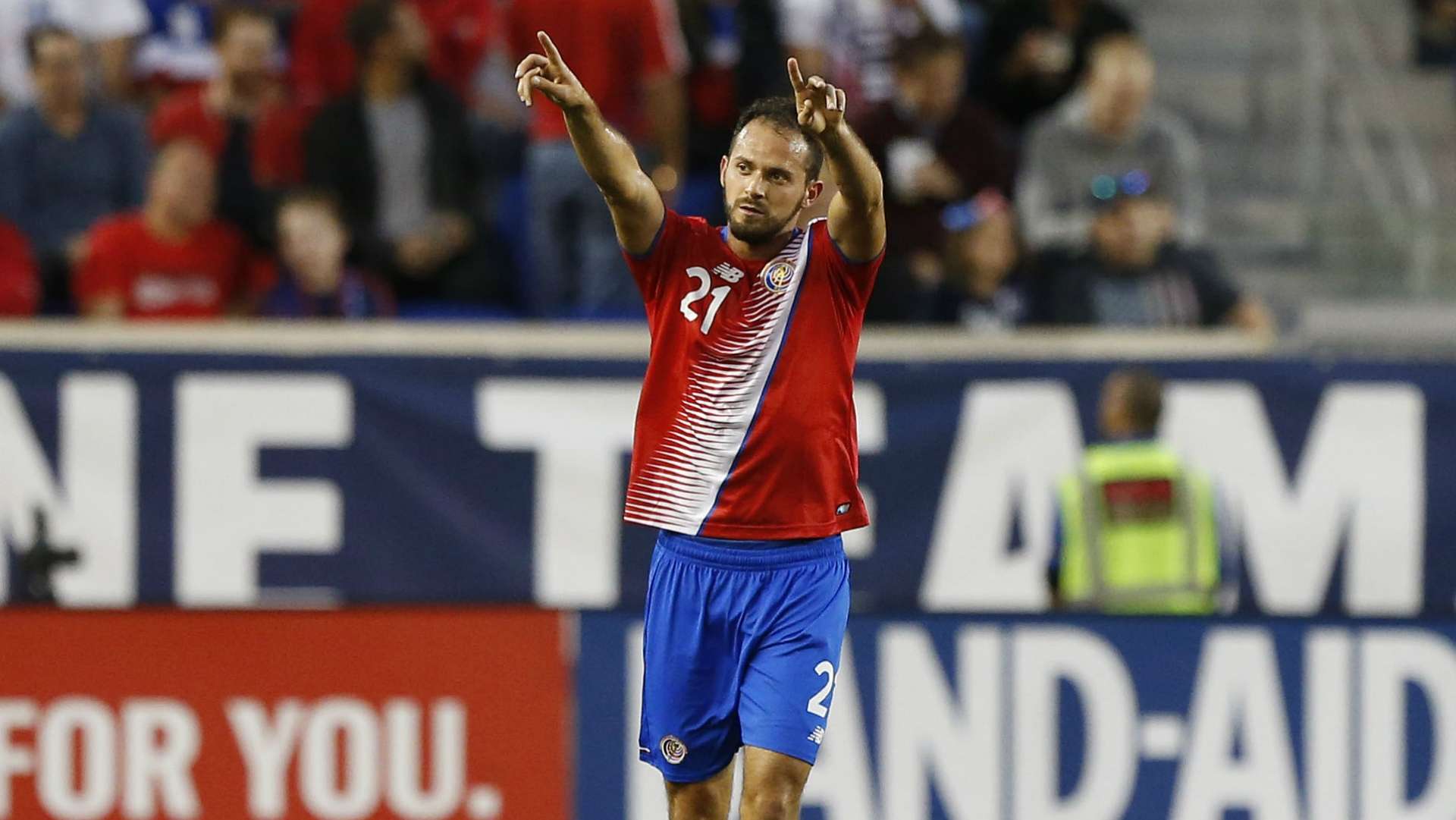
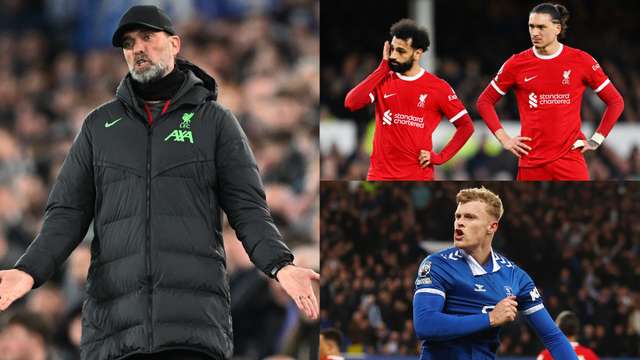

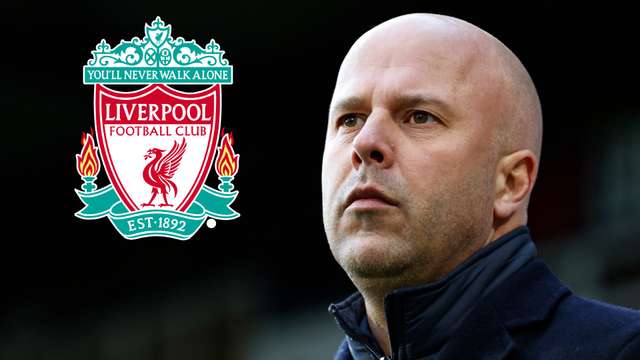
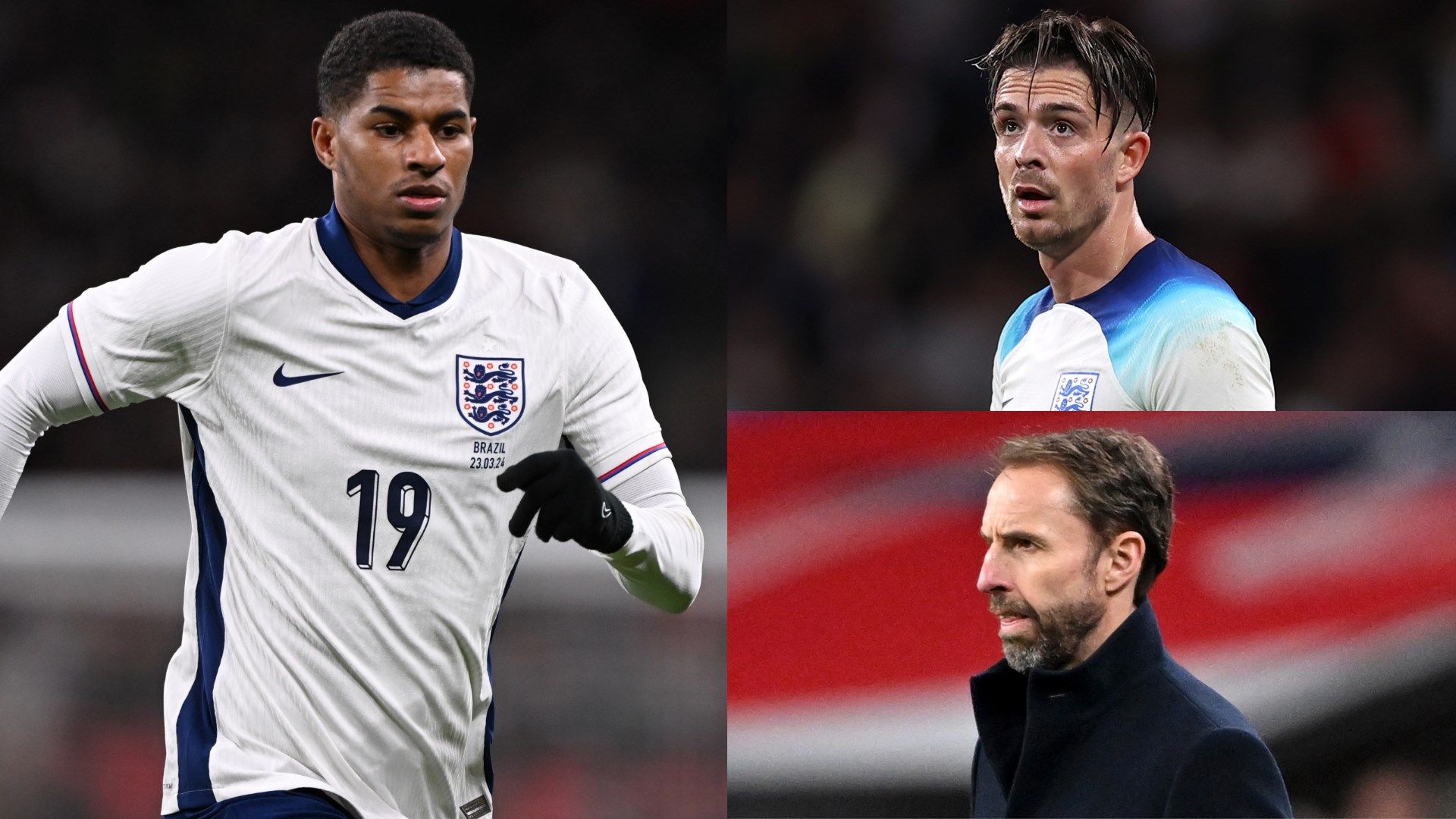.jpg?auto=webp&format=pjpg&width=640&quality=60)